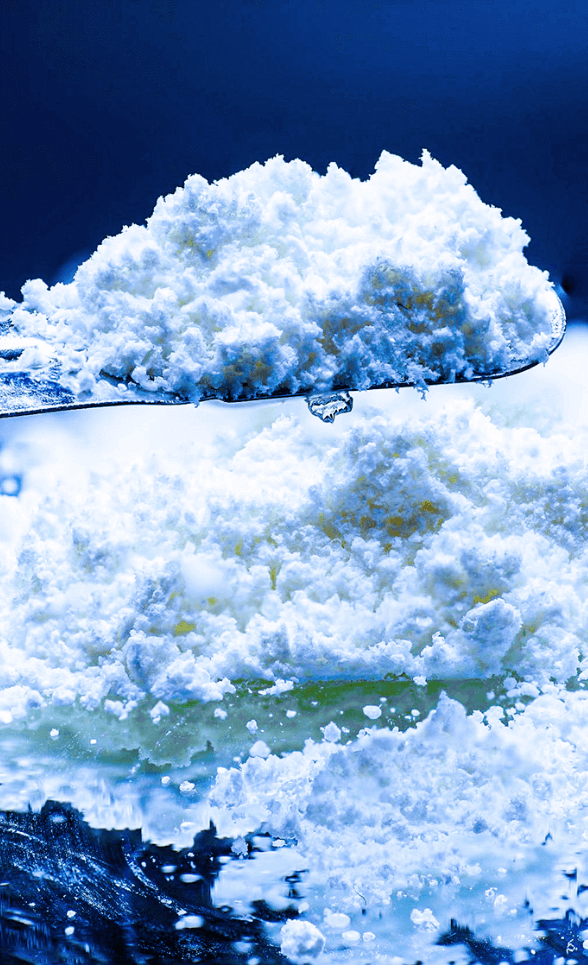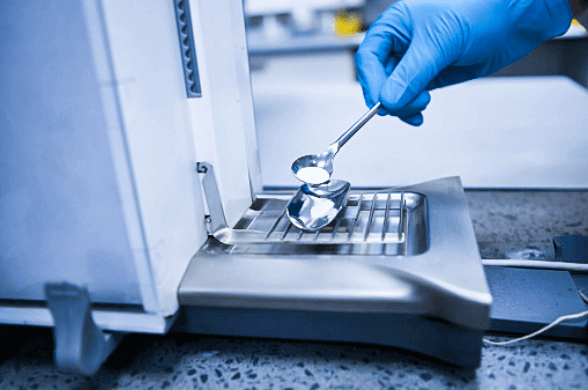
Taurine is an endogenous, sulfur-containing amino acid whose natural content in the human body is relatively high at several tens of grams (approximately 1 g per kilogram of body weight). Taurine is not naturally extracted; all market demand is met by a synthetically produced product.
Several main areas can be identified where the use of taurine is necessary. The first is the food industry, in particular the production of energy drinks. Another area where taurine consumption is steadily increasing is in sports nutrition. As the taurine and sulphur amino acid content is insufficient in most vegan and vegetarian diets, taurine supplementation is recommended for those on such diets.
In order for infant milk powder to be properly balanced, the addition of taurine is necessary. In milk from other mammals, the taurine content is low (also in cow's milk; whey proteins form the basis for infant milk). Taurine deficiency in the early stages of life negatively affects, among other things, brain and retinal development.
Manufacturers of animal feed are also recipients of taurine, with cat food manufacturers being by far the most prominent among them. A cat needs large amounts of taurine for the proper functioning of its nervous system and metabolism.
Taurine is an essential amino acid for the cat; it must be taken in with food. Taurine is also increasingly being added to feed for certain fish species (especially salmonids) and poultry enhancement formulations.

| Analyzes | Specification |
|---|---|
| HPLC | ≥ 99% |
| NMR | ≥ 99% |
| Loss after drying | < 0.2% |
| Inorganic substances content | ≤ 0.1% |
| Appearance | White powder |
| Heavy metal content | ≤ 10ppm |
| Arsenic | ≤ 1ppm |
| Cadmium | ≤ 1ppm |
| Lead | ≤ 1ppm |
| Mercury | ≤ 0,1ppm |
| E Coli | Negative |
| Salmonella | Negative |
| Staphylococcus aureus | Negative |
The following additional microbiological analyses can be carried out upon request:
Bacillus cereus, Enterobacteriaceae, Clostridium perfringens, total amount of moulds and yeasts.